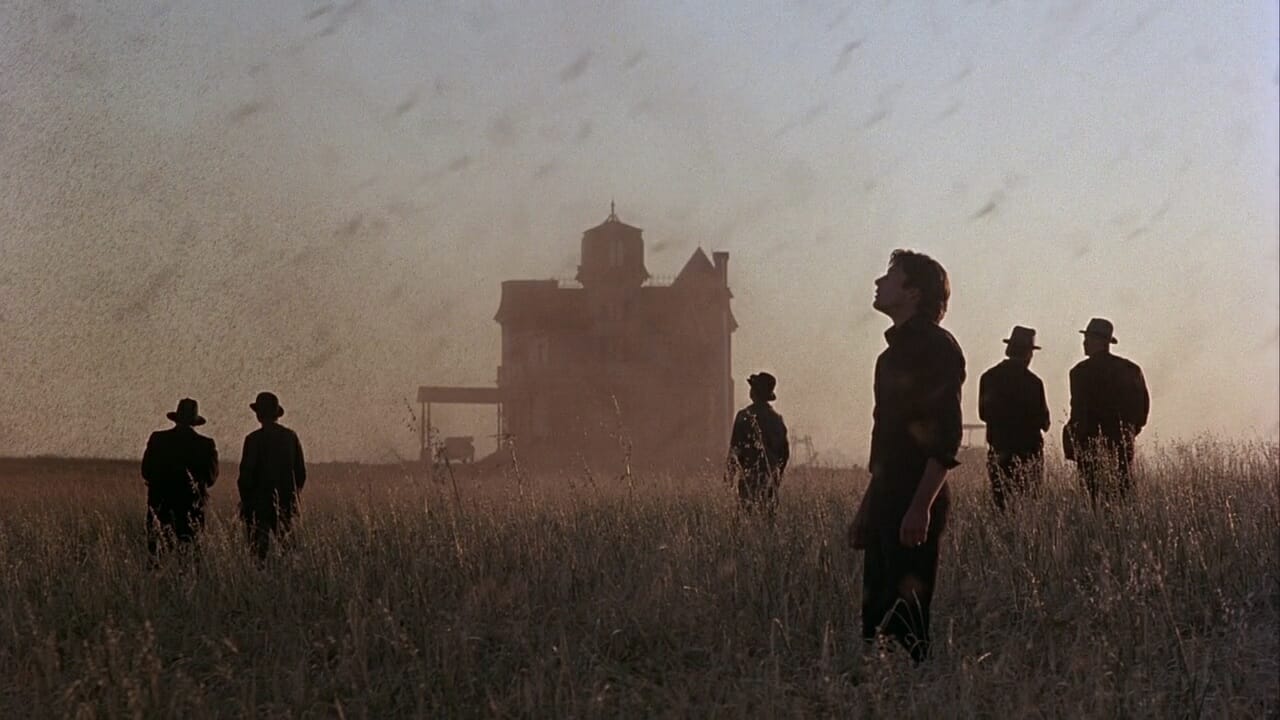-
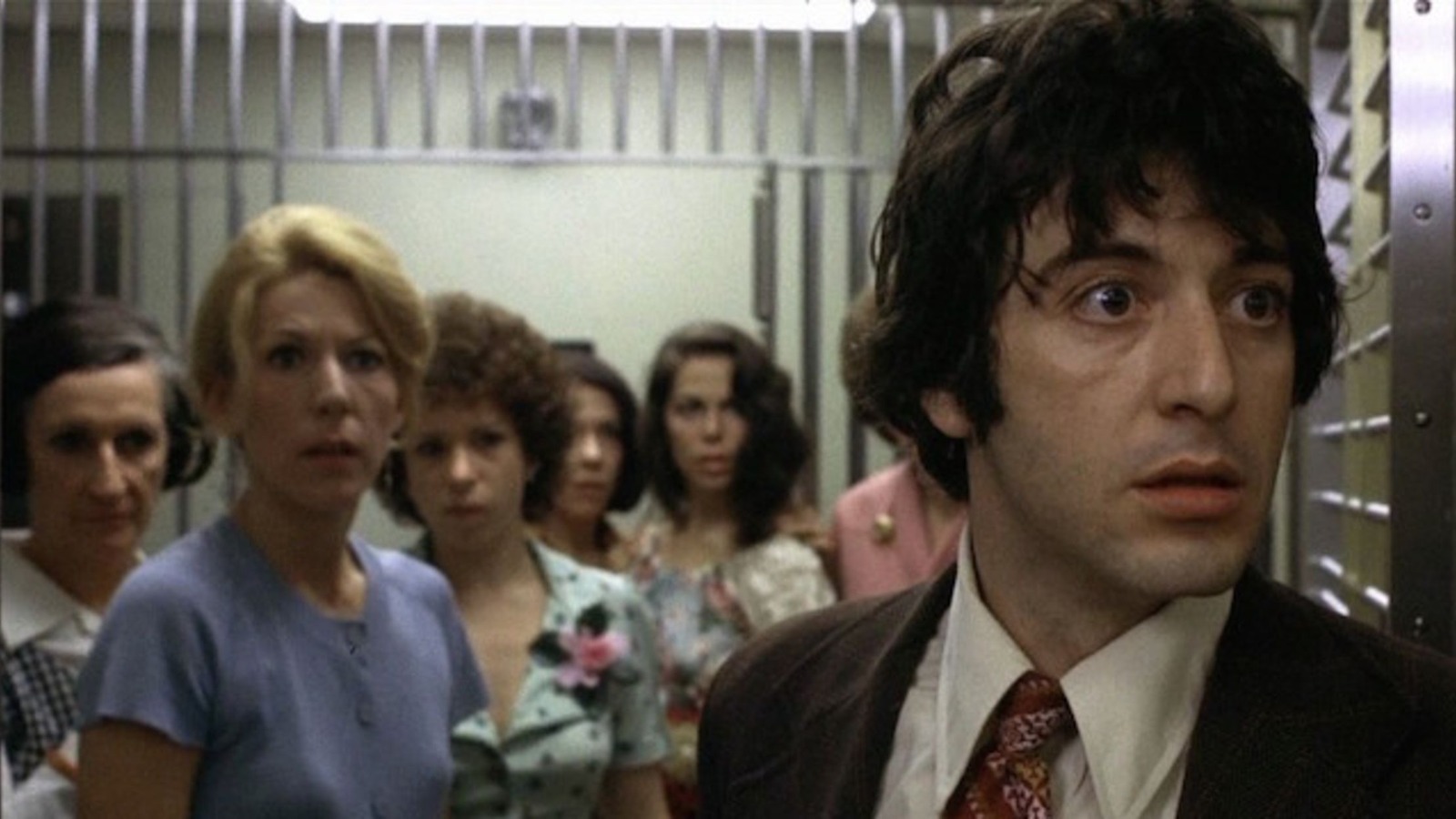
Dog Day Afternoon (1975)
The complicated love story behind the bank robbery and police stand-off of Dog Day Afternoon was never going to survive the media sensationalism around it, though Sidney Lumet’s gripping crime narrative offers the two criminals at its centre great sensitivity in its nuanced characterisations, sympathetically studying the pressures and poor decisions that led them to…
-

El Conde (2023)
Pablo Larraín’s creative historical revisionism in El Conde transforms Chilean dictator Augusto Pinochet into a vampiric icon of fascism, continuing to feed on society’s most vulnerable in his old age while descendants, lovers, and organised religion seek to profit off his legacy, giving this monochrome political satire a viciously witty bite.
-

Mean Streets (1973)
Martin Scorsese’s Catholic guilt reverberates strongly through the theological symbolism of his breakthrough gangster film Mean Streets, seeking redemption for one low-level New York mafioso trapped in his own personal purgatory of secular modernity, while cutting him off from the spiritual roots of his faith.
-

Lola Montes (1955)
Max Ophüls’ untethered camera sways freely with the currents of history and destiny that swirl around renowned dancer Lola Montes, exposing the tragedy that sees the perverse celebrity culture of 19th century Europe simultaneously glamourise her rise to fame, and degrade her into an object of commodified, gaudy spectacle.
-
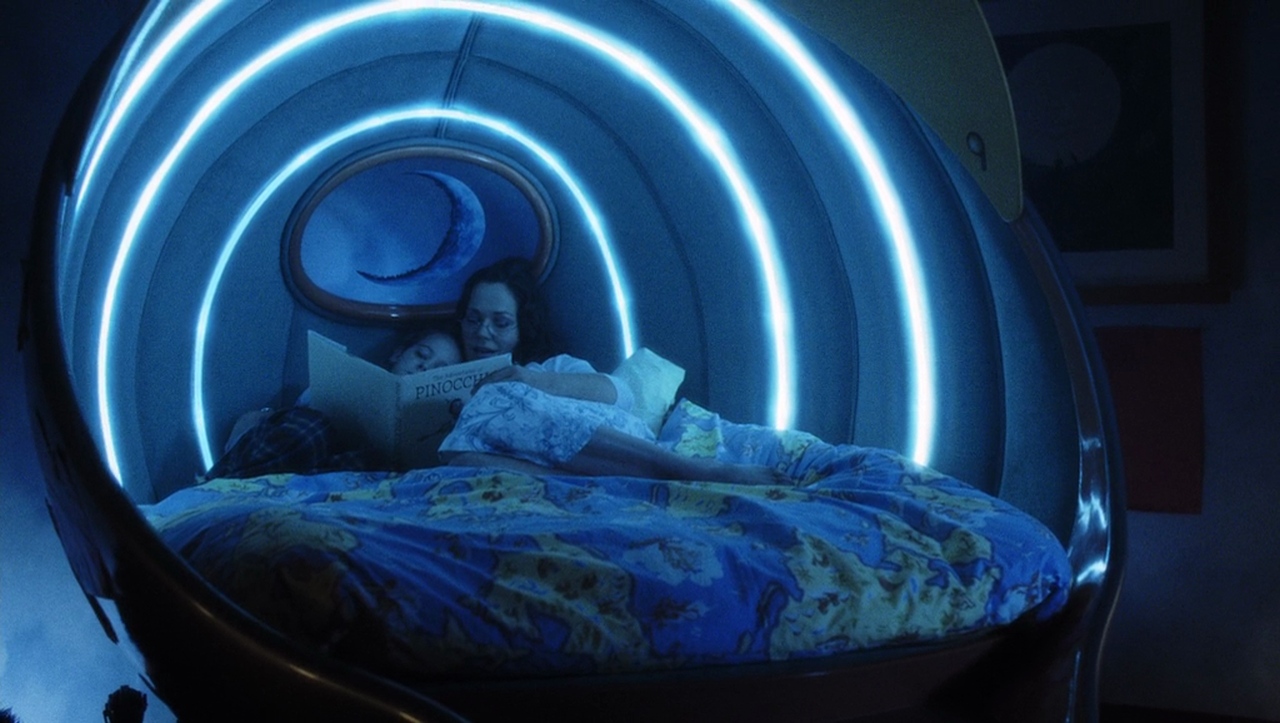
A.I. Artificial Intelligence (2001)
It is one thing to have the emotional capacity to love, Steven Spielberg posits in the heartrending sci-fi fable of A.I. Artificial Intelligence, yet only by feeling the warmth of that unconditional love in return can one experience the full joy of being human, as one robotic child discovers on his journey through futuristic landscapes…
-

The Rules of the Game (1939)
The self-centred bourgeoisie of The Rules of the Game are content living with a constant mistrust of their own peers if it means preserving their status and wealth, becoming the targets of Jean Renoir’s biting social satire as he comically undercuts the egos entangling themselves in an intricate web of affairs over one weekend at…
-
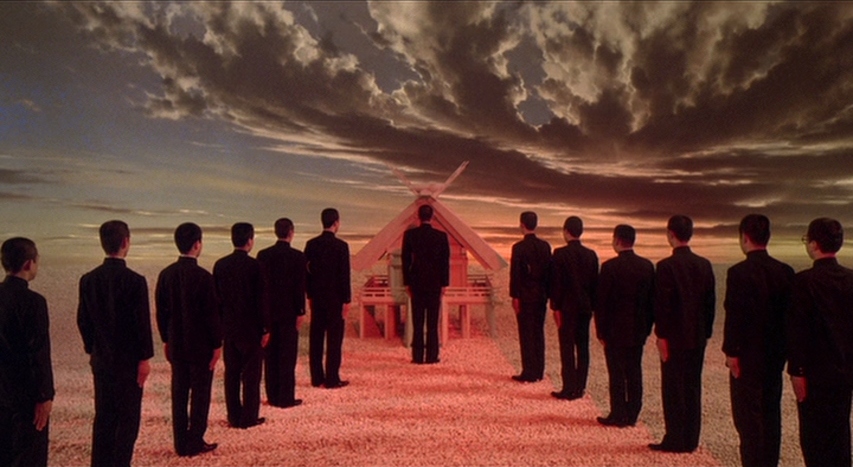
Mishima: A Life in Four Chapters (1985)
The perfect synthesis of art and action in Mishima: A Life in Four Chapters is just as essential to Paul Schrader’s formal representation of Yukio Mishima as it is to the nationalistic writer himself, seeing the latter’s life and novels coalesce into a vibrant portrait of a traditionalist born out of time, as he rigorously…
-
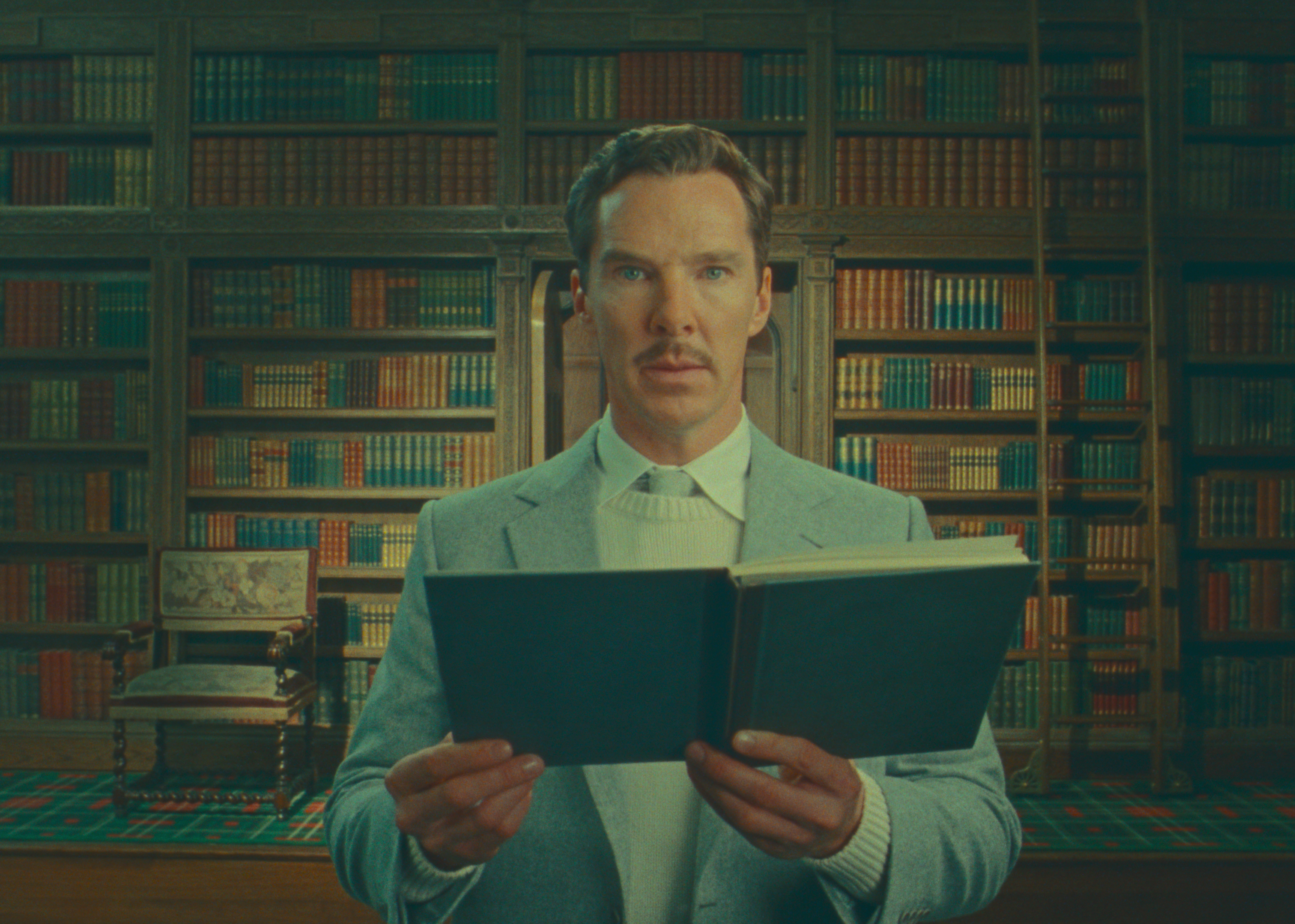
The Wonderful Story of Henry Sugar and Three More (2023)
With their veneers of whimsical innocence that mask quiet tragedies, it is clear through Wes Anderson’s adaptations of four short Roald Dahl stories that he sees parts of himself in the children’s writer, keeping his spirit alive with a curated, theatrical style that creatively reimagines fables of eccentric psychics, bullies, exterminators, and patients.
-

Ingmar Bergman: Faces of Faith and Doubt
Seeking the foundations of human identity, existence, and purpose in the absence of a responsive God, Ingmar Bergman composes severe modern parables of great spiritual weight, turning faces into landscapes that both express and withhold deep psychological truths.
-
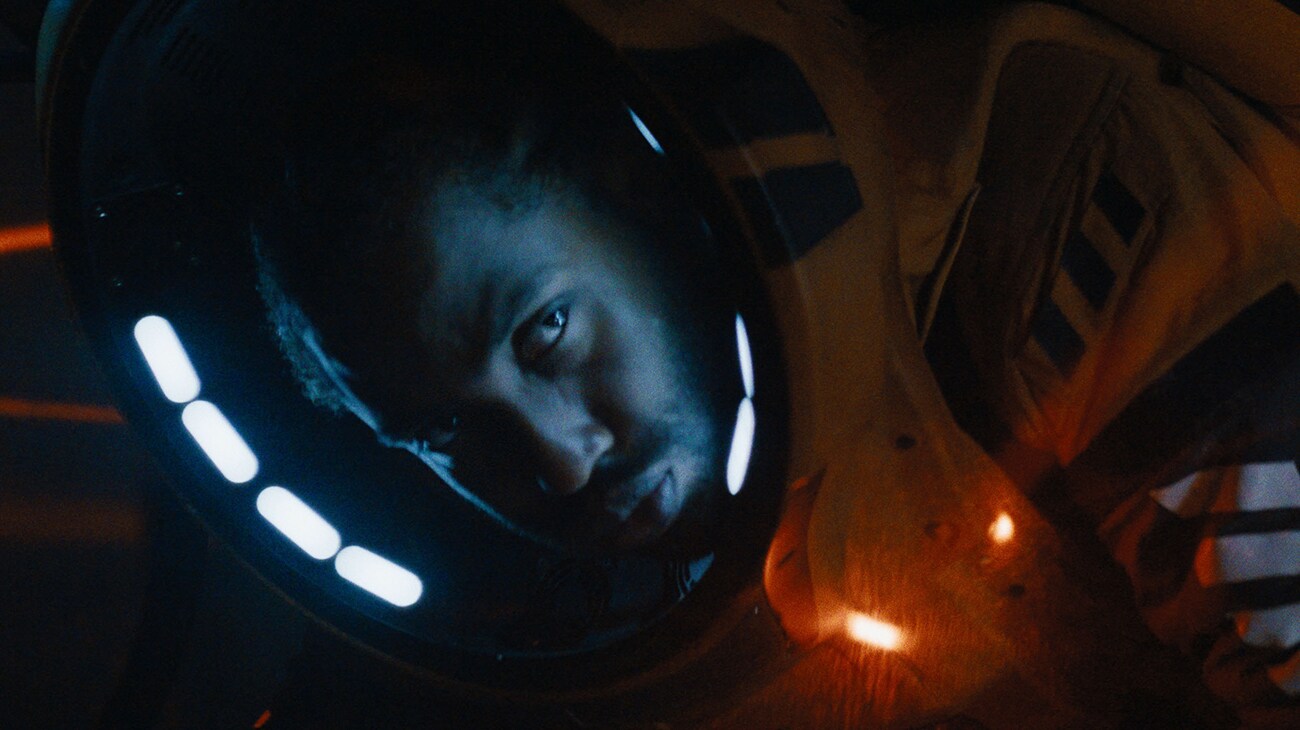
The Creator (2023)
The Creator’s stimulating combination of grand theological questions and sci-fi action spectacle offers the genre fresh spiritual depth, using a futuristic conflict between humans and artificial intelligence as a messianic allegory of insecure gods, their tortured children, and the dehumanisation of enemies in wartime.
-
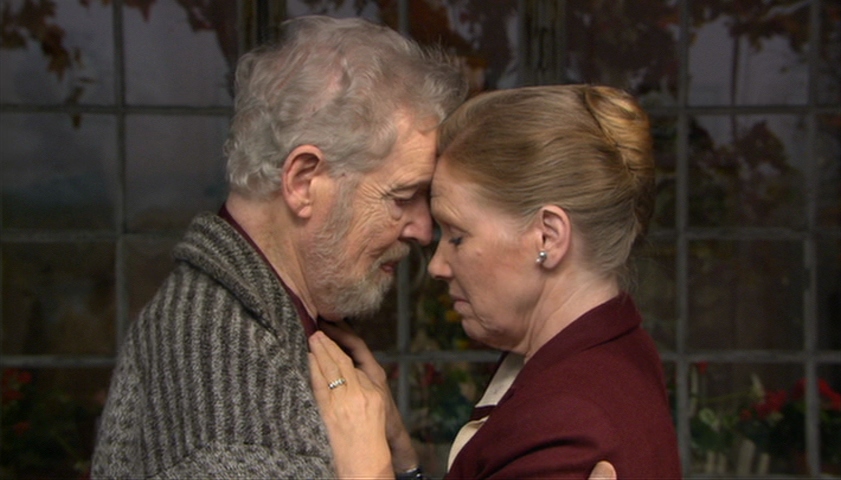
Saraband (2003)
Ingmar Bergman’s contemplations of regret and old age in Saraband are far more grounded in his firsthand experiences than ever before, as his final film reunites the ex-lovers from Scenes from a Marriage to consider the echoes of family trauma throughout generations, and finds a soothing, spiritual peace in the act of reminiscence.
-
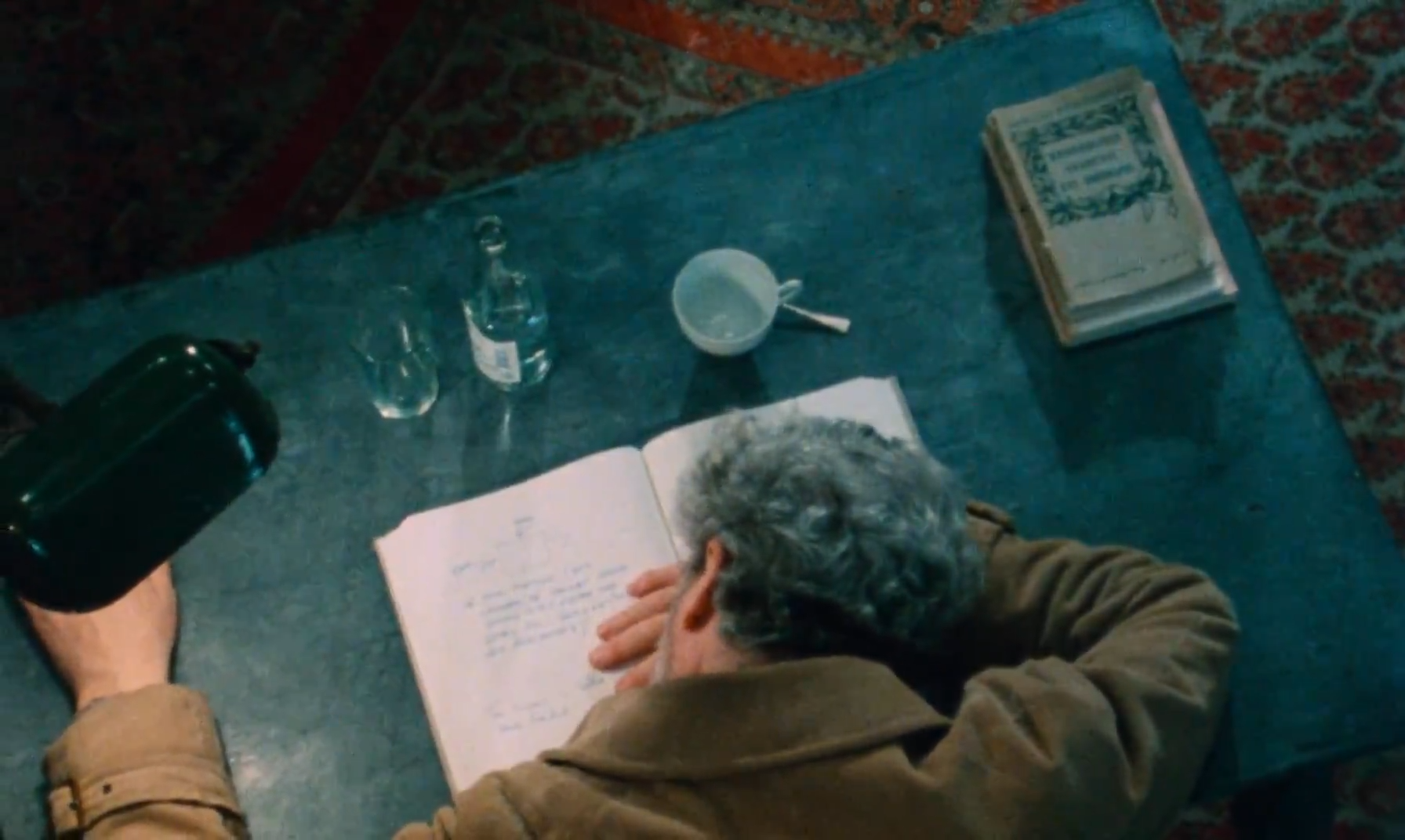
After the Rehearsal (1984)
The stage is a place of deep meditation for theatre director Henrik in After the Rehearsal, letting memories of past and future relationships manifest with a subtle, time-shifting surrealism, and seeing Ingmar Bergman’s nostalgic humility take eloquent form as he looks back on his career.
